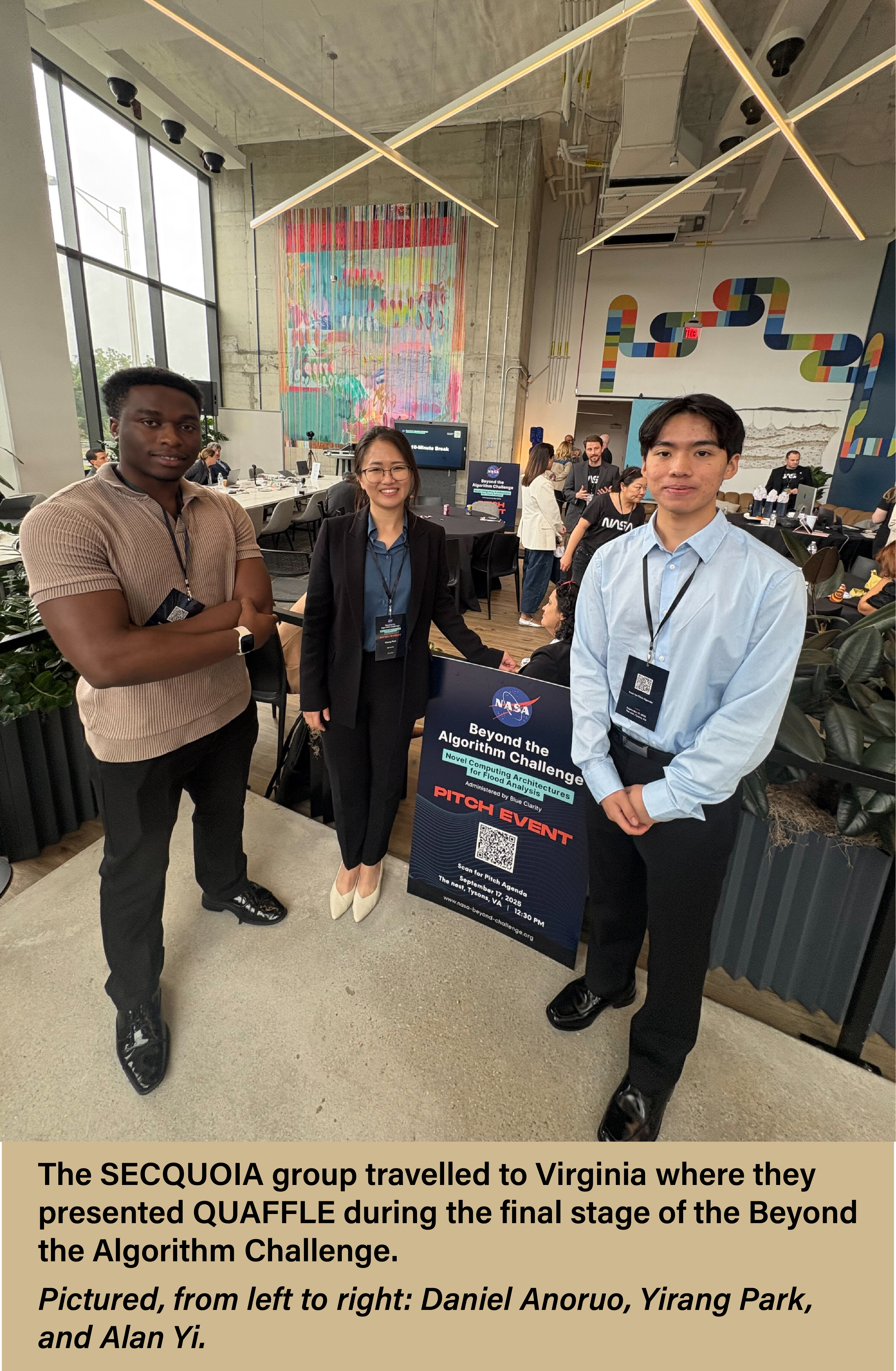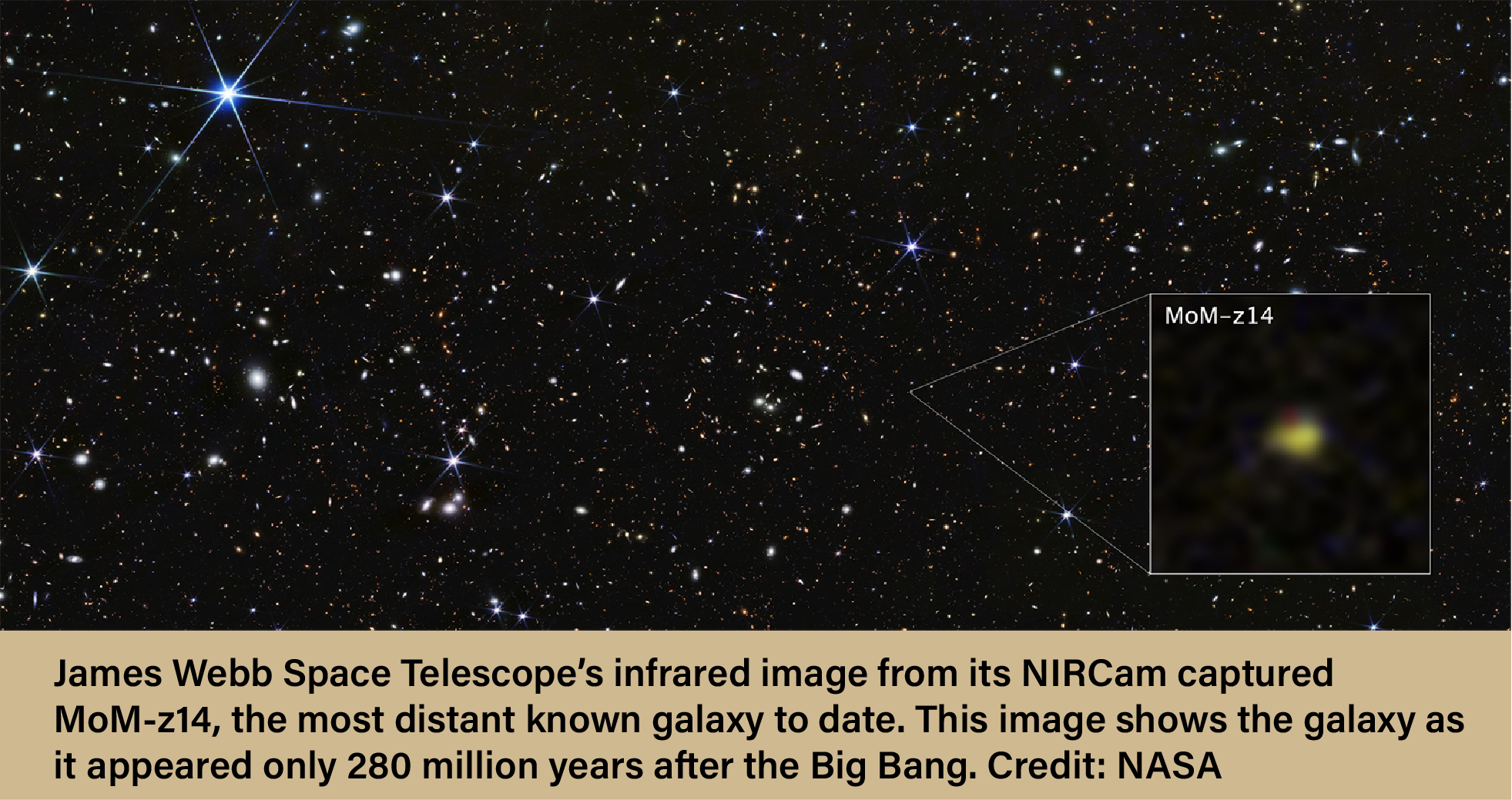Anvil Science Highlights
-

Purdue research team uses Anvil to secure position as finalist in NASA competition
A research group from Purdue University used the Anvil supercomputer to compete in NASA's Beyond the Algorithm Challenge, a nationwide competition aimed at improving flood analysis with emerging technologies. The team from the SECQUOIA (Systems Engineering via Classical and Quantum Optimization for...
-

Anvil used to study dark matter and early universe formation
Purdue University’s Anvil supercomputer was used by researchers from the University of California, Los Angeles (UCLA) to study the effects of dark matter on galaxy formation in the early universe. This research, part of the Supersonic Project, aims to provide a more precise understanding of the gala...
-

RCAC Student Spotlight : Elian Rieza
Name: Elian Rieza Year: Sophomore Major: Electrical Engineering Position: Assistant Computational Researcher Can you introduce yourself and share a little about who you are? Hello! My name is Elian and I’m an Assistant Researcher! What are some of your main interests or passions? Some of my interes...
Anvil is supported by the National Science Foundation under Grant No. 2005632.
